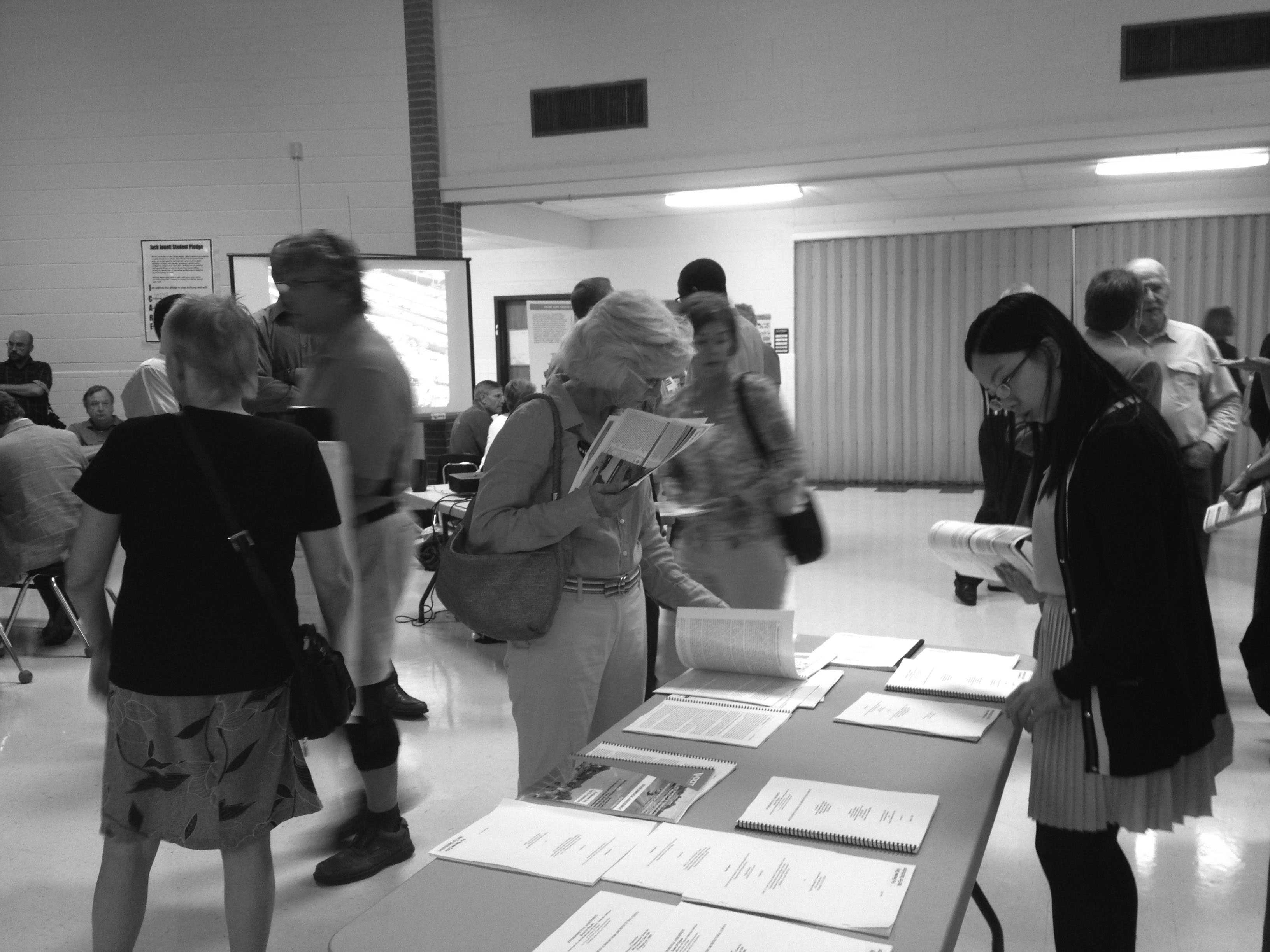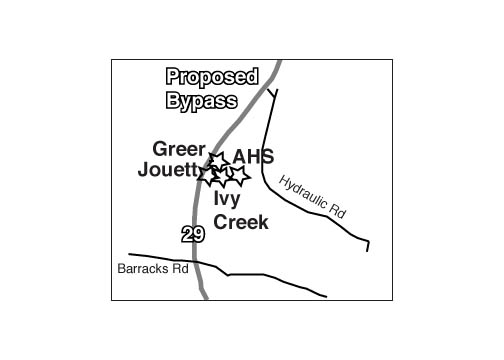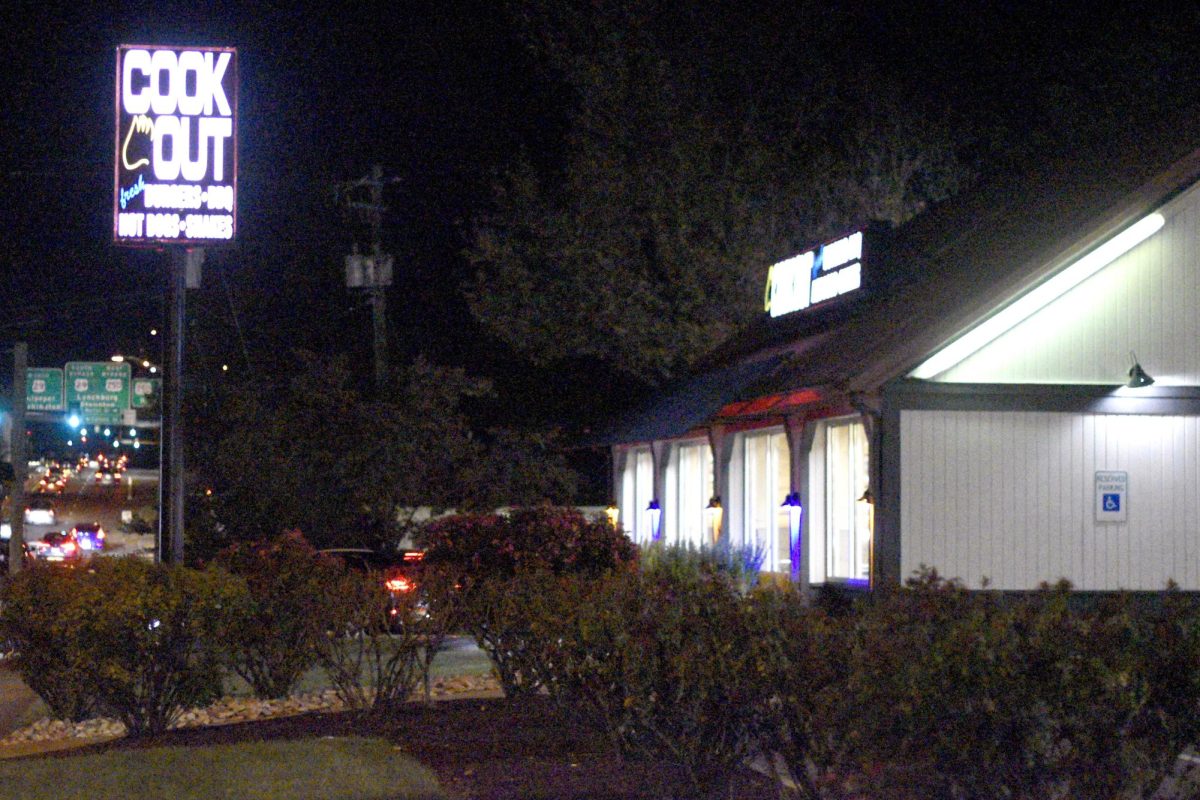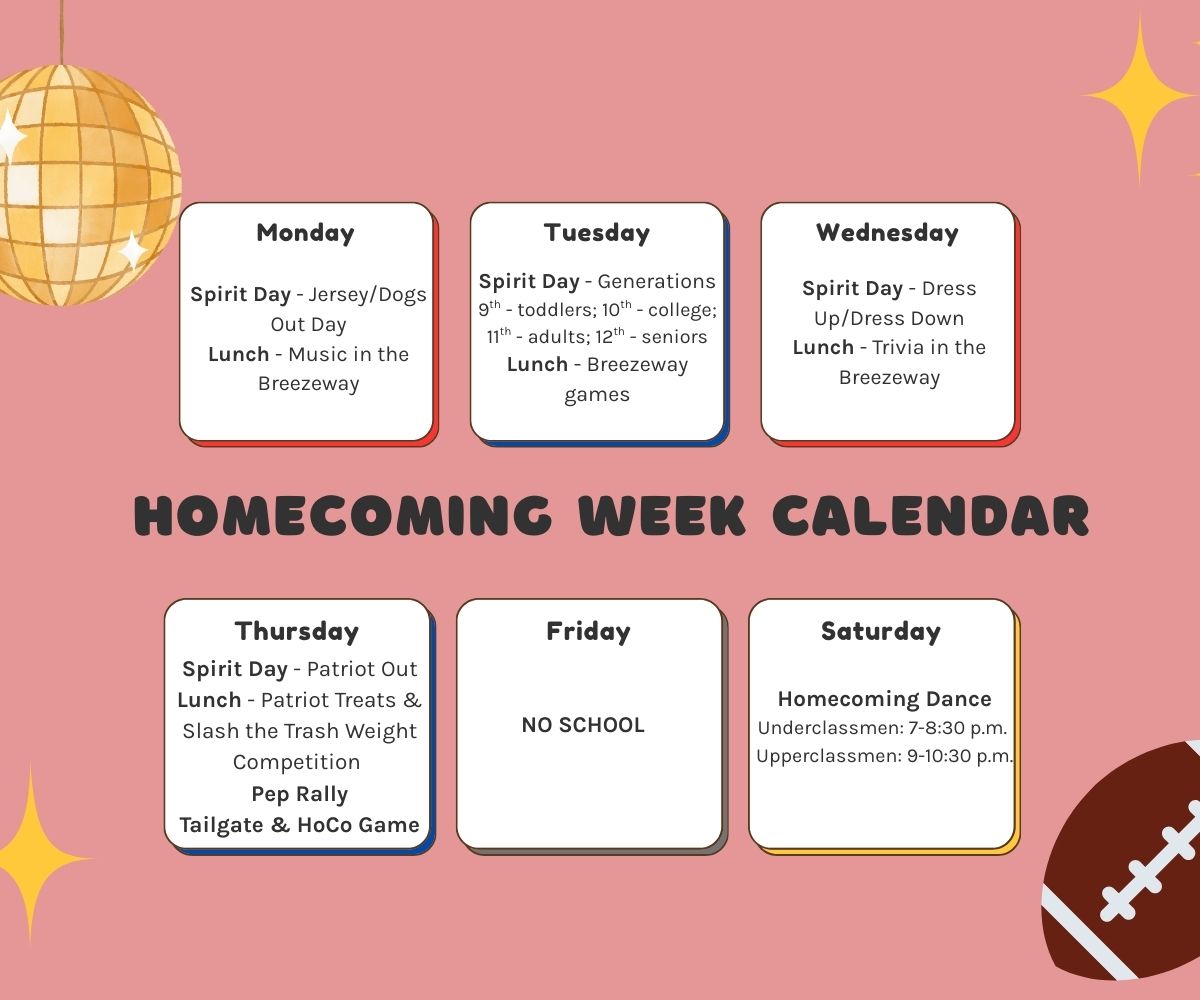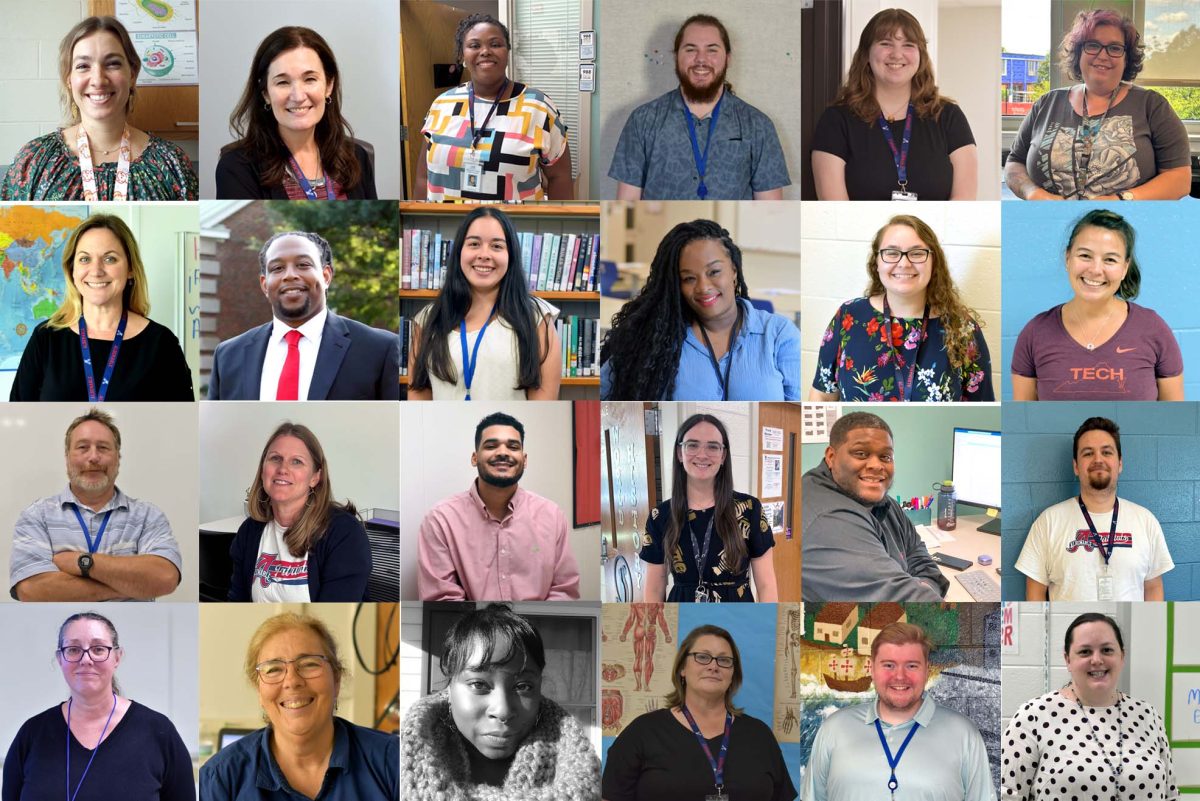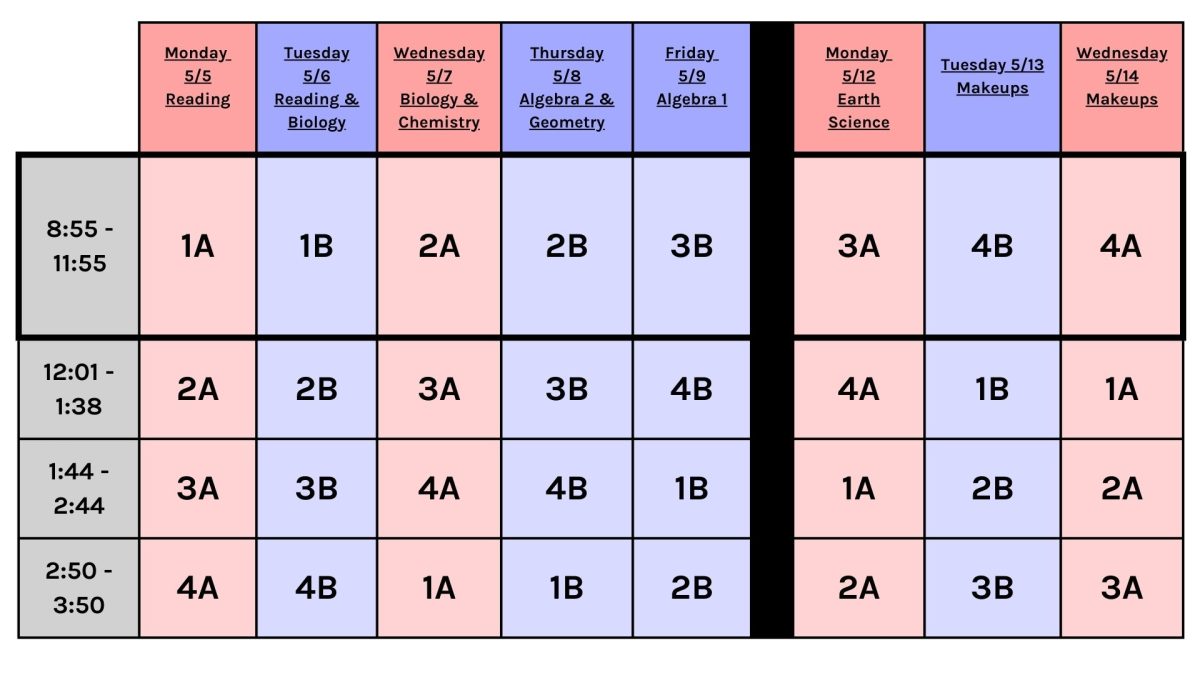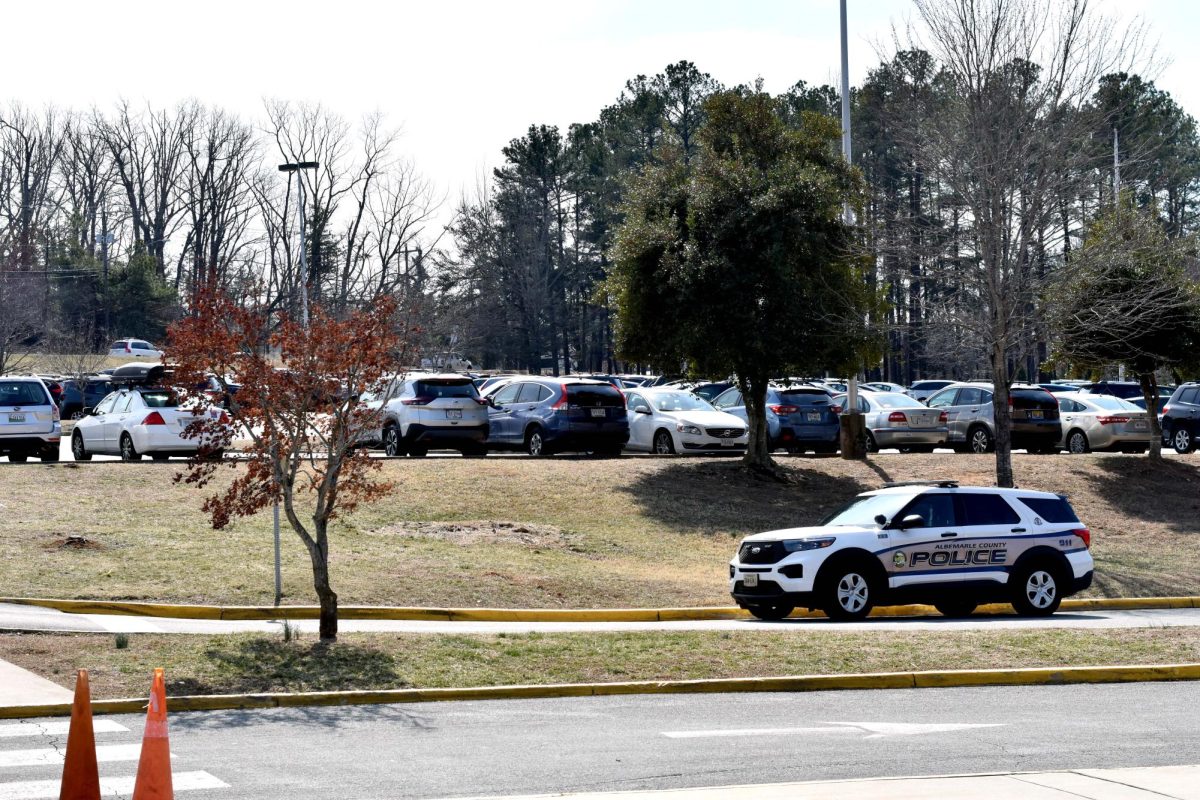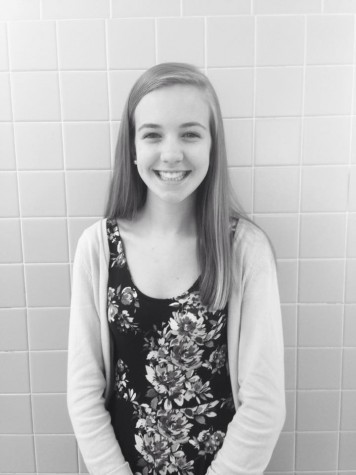The impending Western Bypass, if built, would stretch from Forest Lakes South to the North Grounds of UVa. The 6.2-mile road would pass within a quarter mile of AHS, and many citizens are concerned about the impact the bypass would have on the AHS community.
If constructed, the bypass will be a four-lane divided highway. It is meant to provide a faster route from north of Charlottesville to points south of Charlottesville off of 29.
The Western Bypass will cost approximately $244 million to fund. Citizens of Charlottesville and Albemarle County have mixed opinions of the bypass. Many feel it will benefit traffic patterns, but some are worried about the environmental effects.
In debating the bypass, some argue that it may increase air pollution near the schools it passes, such as AHS, Jack Jouett, and Greer. “[The bypass] is passing directly by six different schools (including our own), creating a much less safe environment for children to learn,” sophomore Luc Bailey said.
Bailey, who lives in a neighborhood that the bypass will run within 300 meters of, has been researching the effects of the bypass since it will affect his neighborhood directly. “It ruins what has been a quiet cul-de-sac neighborhood,” he said.
Advocates of the bypass have argued that it will alleviate traffic on 29, thus shortening travel time and reducing the rate of accidents. Another anticipated benefit is reducing the number of stoplights, so cars will not have to stop and go as often.
When the Albemarle County Board of Supervisors voted on the construction of the bypass in June 2012, the vote was split 3-3. According to a June 12 “C-Ville Weekly” article, despite this tie vote, there was no change to the bypass’ progress.
Charlottesville residents continue to debate and discuss the bypass. On Thurs., Sept. 27 at Jack Jouett Middle School, the Virginia Department of Transportation held an informational meeting for Charlottesville citizens. The meeting was to provide information for citizens about the Environmental Assessment on the Route 29 Bypass project.
In the Jouett cafeteria, large poster boards displaying information about the bypass were set up. Virginia Department of Transportation (VDOT) employees were on hand to answer questions, while citizens had the opportunity to write a written comment or record a spoken comment.
Many citizens in attendance wore stickers that read, “Stop the bypass; go 29.” One of these citizens was Tammy Moses, who was among the several people standing outside of Jouett asking people to sign a petition to stop the bypass. “First of all, I think it’s a waste of money,” Moses said. “I really think that it’s shortsighted, and really just not thought out.”
Moses thinks that there are other ways to solve the traffic problems on 29. “It really needs to be a better plan, maybe an Eastern Bypass, or even extend this Western Bypass, so-called, out toward Ruckersville and out toward Green, and even maybe Madison to avoid all this traffic,” she said.
Some citizens, like Charlottesville resident Darren Hayden, were undecided about the bypass. “I’m still trying to figure it all out, so I’m here tonight to gather more information,” Hayden said.
While many are worried about the bypass’ effects on several schools, according to VDOT, none of the schools that the bypass will be close to (AHS, Jouett, Greer, and Ivy Creek among them) will experience noise pollution due to distance and the woods that separate the schools from the bypass.
Also according to VDOT, the bypass’ impact on air quality is expected to be temporary and insignificant based on a number of studies related to motor emissions and air quality. The VDOT website provides a number of specific results from various studies.
At this time, there is no set date for the construction of the bypass. Unless there is a need for further environmental assessment, civil engineers will begin design work in January, followed by a public hearing on these drafts, according to a Sept. 26 “Daily Progress” article.
The debate surrounding the bypass is far from over. Comments about the bypass can be submitted to [email protected] by Oct. 9 with “Route 29 Charlottesville Environmental Assessment” as the email’s subject.

